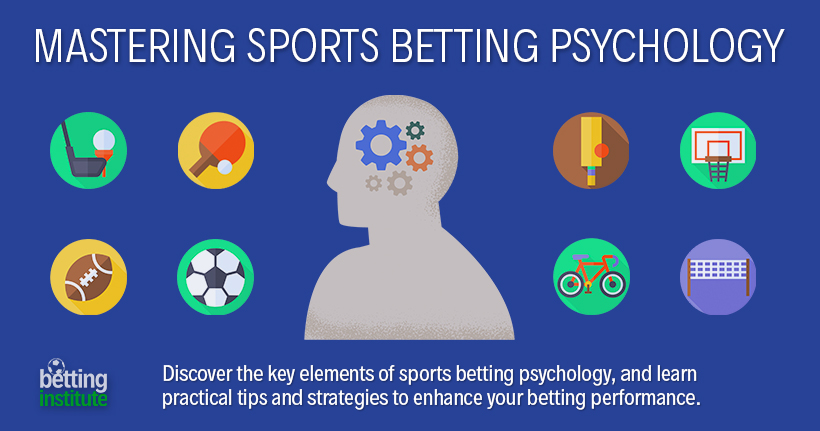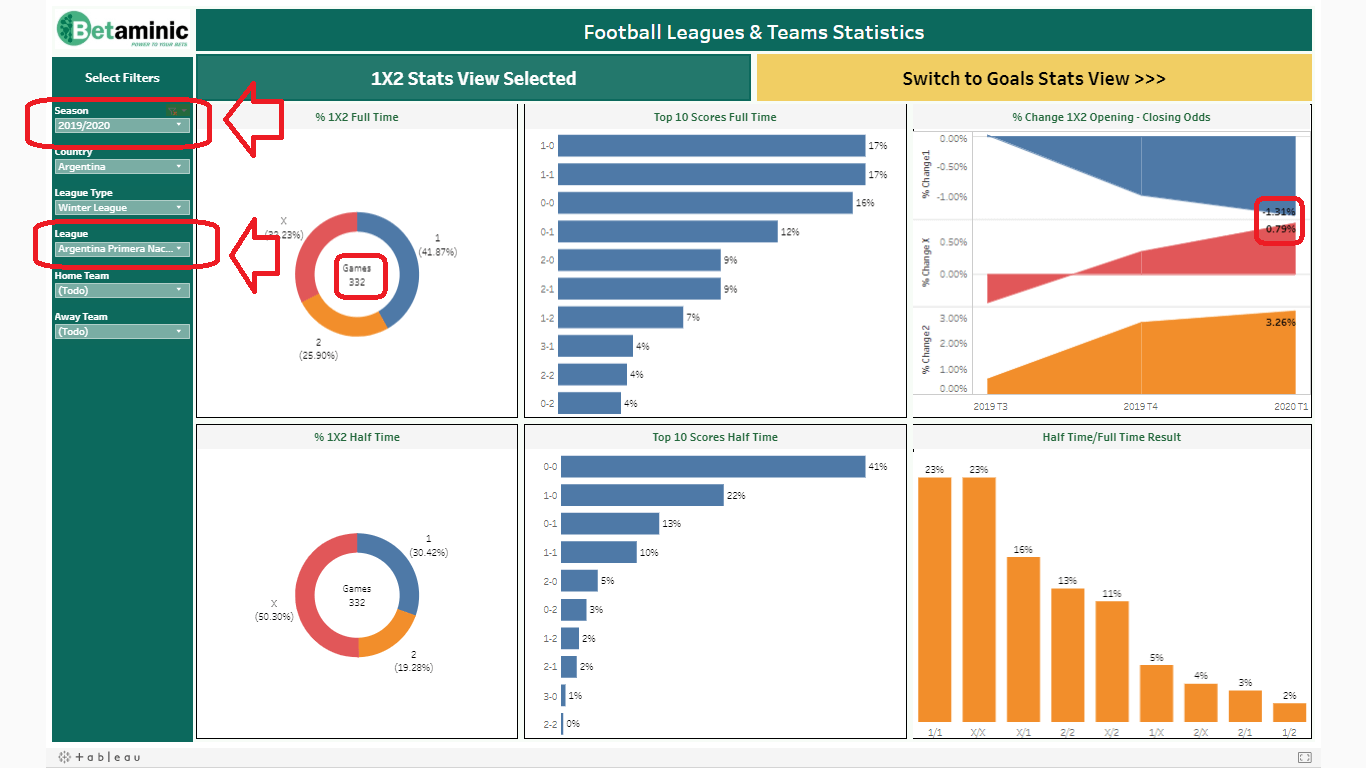
Sports betting is as much about psychology as it is about numbers and statistics. Professional bettors must master their emotions, remain disciplined, and make rational decisions in high-pressure situations. Understanding the psychology behind betting can help you manage your risk, avoid common mistakes, and increase your chances of long-term success. In this article, we will dive into the key psychological factors that affect bettors and how to maintain a clear mindset.
The Role of Emotions in Betting
Emotions play a significant role in the decision-making process of most bettors. Whether it’s the excitement of a win or the frustration of a loss, emotions can cloud judgment and lead to impulsive bets. Here’s how emotions affect your betting behavior:
- Loss Aversion: Losing a bet often feels worse than winning, which can lead to chasing losses and making irrational bets in an attempt to recover.
- Overconfidence: A big win can lead to overconfidence, tempting bettors to make riskier wagers than they would normally consider.
- Gambler’s Fallacy: This occurs when bettors believe a certain outcome is “due” after a series of losses or wins, which is not backed by the odds.
Building Mental Discipline
To succeed in sports betting, you need mental discipline. Professional bettors are able to manage their emotions, stay focused, and make decisions based on data, not impulse. Here are some tips for building mental discipline:
- Set Betting Limits: Establish a strict bankroll management strategy and stick to it. Don’t bet more than you can afford to lose.
- Take Breaks: Avoid betting when you’re emotionally overwhelmed or fatigued. Taking a break can help you reset and make better decisions.
- Avoid Chasing Losses: Accept that losses are a part of betting. Chasing losses often leads to more emotional decisions, which increases the likelihood of poor bets.
- Stay Rational: Always make your decisions based on analysis and data, not emotions. Use statistics, trends, and expert opinions to guide your bets.
Developing a Betting Strategy
A well-structured betting strategy helps you stay focused and avoid emotional decisions. Professional bettors often employ different strategies based on their knowledge of the game, the odds, and their goals. Here are some popular betting strategies:
- Value Betting: This strategy involves identifying bets that are undervalued by the bookmakers and placing wagers based on potential profit rather than popular opinion.
- Matched Betting: This strategy takes advantage of bookmaker promotions and bonuses, such as free bets and enhanced odds. Platforms like Spinbetter often provide such promotions, which can be leveraged to reduce risk.
- Arbitrage Betting: By identifying discrepancies in odds from different sportsbooks, bettors can guarantee a profit regardless of the outcome. AI-driven platforms, such as those available on Spinbetter, help bettors find these opportunities.
Managing Stress and Maintaining Focus
Stress can affect your ability to think clearly and make rational decisions. Professional bettors often face stressful situations, especially when they’re wagering significant amounts. Here’s how to manage stress:
- Stay Calm Under Pressure: During intense betting periods, like during live betting events, it’s important to remain calm and stick to your strategy.
- Practice Self-Awareness: Pay attention to your mental state before placing a bet. If you’re feeling emotionally charged, it may be best to wait until you’re in a clearer mindset.
- Mindfulness Techniques: Techniques such as deep breathing or meditation can help you stay focused and avoid impulsive decisions during stressful situations.
Building Confidence and Overcoming Fear
Confidence is crucial when betting, but overconfidence can lead to risky wagers. On the other hand, fear of losing can cause bettors to avoid high-value opportunities. Finding a balance is key:
- Trust Your Research: When you’ve conducted thorough research, trust the data and the decisions you’ve made. Confidence in your strategy will help reduce fear and hesitation.
- Accept Risk: Understand that every bet carries risk. Accepting this risk can help you remain calm and make better decisions.
- Focus on Long-Term Goals: Don’t focus solely on individual wins and losses. Professional betting is about making informed, calculated decisions over the long term, not seeking instant gratification.
How to Avoid Common Psychological Pitfalls in Betting
Here are some common psychological mistakes that bettors make and how to avoid them:
- Betting with Emotion: Emotional decisions often lead to poor results. Always ensure your bets are backed by research and data.
- Over-Betting: Placing too many bets can overwhelm you and lead to poor decision-making. Stick to a strategy that involves placing fewer, more calculated bets.
- Ignoring Your Bankroll: Managing your bankroll is essential to long-term betting success. Never bet more than you can afford to lose, and adjust your strategy if your bankroll is depleting.
Conclusion
The psychology of professional betting plays a crucial role in determining whether you succeed or fail in the long run. By managing your emotions, building mental discipline, and developing a solid betting strategy, you can increase your chances of consistent profits. Remember to take advantage of promotions like Spinbetter’s betting bonuses, and avoid common psychological pitfalls by staying focused and rational in every decision.



